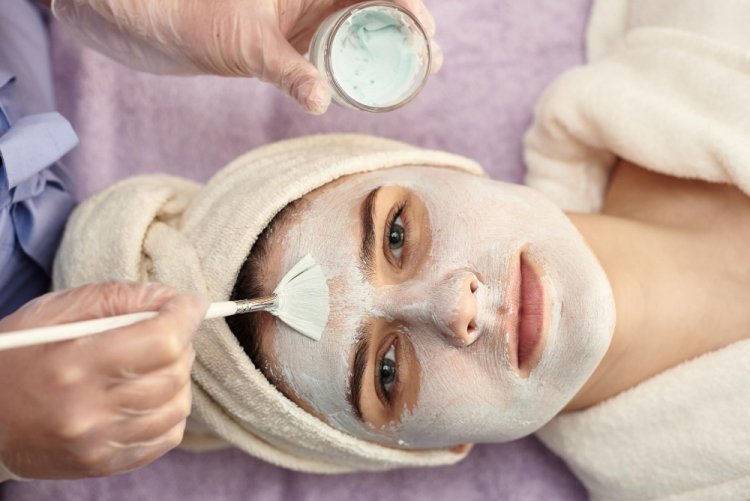What is Comedonal Acne?
Comedonal acne, also non-inflammatory acne, involves comedones—small bumps from clogged follicles. Types include:
- Open Comedones (Blackheads): Dark spots from oxidized melanin.
- Closed Comedones (Whiteheads): Flesh-colored bumps with closed follicles.
Causes of Comedonal Acne
Factors contributing to comedonal acne:
- Excess Sebum: Overproduction leads to clogged pores.
- Hyperkeratinization: Excessive skin cell growth blocks follicles.
- Genetics: Family history can increase susceptibility.
- Hormonal Changes: Fluctuations during life stages.
- Dietary Factors: Some foods may exacerbate symptoms.
Symptoms of Comedonal Acne
Common signs include:
- Comedones: Blackheads or whiteheads on face, forehead, and chin.
- Texture: Rough or bumpy skin.
- Mild Redness: Occasionally, with irritation or infection.
- Occasional Breakouts: Progressing to inflammatory acne.
Treatment Options
Effective treatments include:
- Topical Retinoids: Promote cell turnover, preventing comedone formation.
- Salicylic Acid: Exfoliates, unclogs pores, and reduces inflammation.
- Benzoyl Peroxide: Kills bacteria and reduces oil.
- Topical Antibiotics: Control bacterial growth and inflammation.
- Oral Medications: For severe cases.
- Professional Procedures: Chemical peels, microdermabrasion, and extractions.
Prevention Tips
Reduce the risk of breakouts with:
- Regular Cleansing: Twice daily with a gentle cleanser.
- Non-comedogenic Products: Avoid pore-clogging products.
- Sun Protection: Broad-spectrum sunscreen daily.
- Stress Management: Reduce stress triggers.
- Healthy Diet: Balanced and nutritious.
Comedonal acne, though common, can be managed effectively with proper care. Consult a dermatologist for personalized treatment recommendations. Mastering comedonal acne care leads to clearer, healthier skin and improved well-being.






















